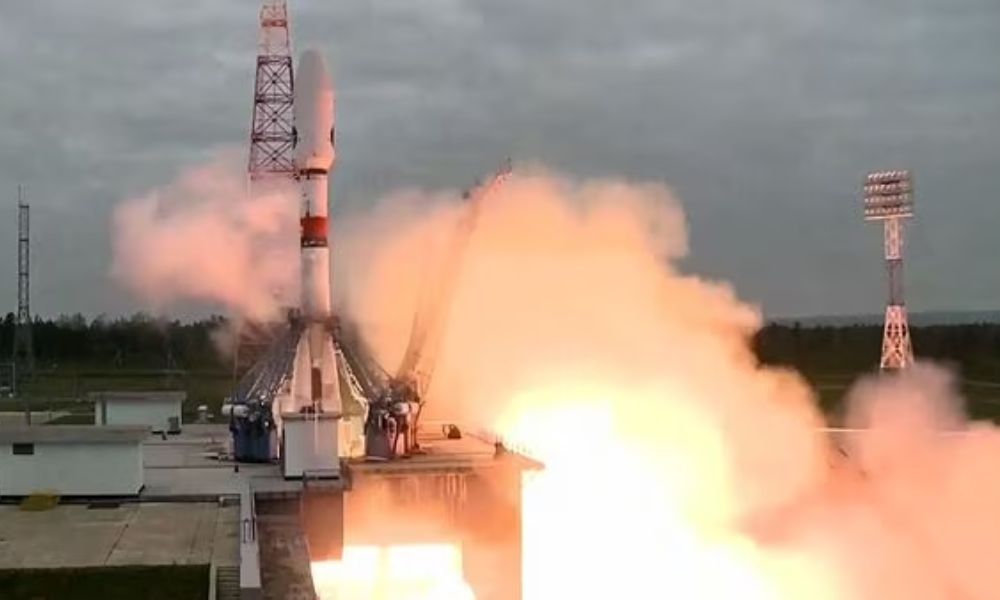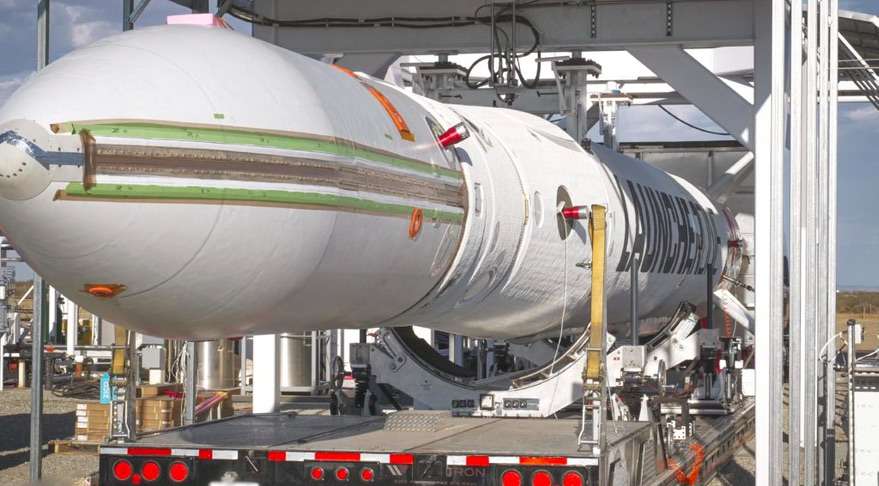Luna-25 Crash: Moon Landing Insights
Moon landings have captured the human imagination for decades, with the first successful touchdown dating back to the 1960s. However, despite the achievements of the past, modern space agencies are still grappling with the intricacies of soft-landing technology. Russia's recent Luna-25 mission, aimed at landing a spacecraft on the Moon, ended in failure, shedding light on the inherent risks and challenges of achieving a successful soft landing.
The Quest for Soft Landings:
While more than 20 successful landings have been accomplished, including six with human crew members, the technology for soft landings remains elusive. Surprisingly, except for China's three successful lunar landings in the last decade, the history of lunar landings reveals that mastering the art of gentle landings has proven to be a formidable task.
The Complexity of the Descent:
Aptly described as the “15 minutes of terror,” the final phase of the lunar landing presents a daunting challenge. As highlighted by K. Sivan, former chairman of the Indian Space Research Organization (ISRO), the process of transitioning from lunar orbit to the Moon's surface is fraught with complexity. This phase stands out as the most intricate and demanding part of any Moon mission.
Lessons from History:
In the span of a decade between 1966 and the mid-1970s, a series of successful lunar landings were achieved, showcasing significant progress in space exploration. However, the technology used during this time was limited in comparison to the advanced systems available today. This history underscores the need to continually refine and enhance landing technologies to overcome the obstacles that persist in the modern era.
Luna-25's Setback:
Russia's Luna-25 mission serves as a stark reminder of the inherent risks in soft-landing attempts. The spacecraft's crash landing on the lunar surface demonstrates that even with decades of experience, achieving a successful landing remains uncertain. Such setbacks, though disappointing, provide valuable insights and data that can contribute to future improvements in landing technology.
Moon landings, while having achieved remarkable successes in the past, still pose significant challenges to modern space agencies. Luna-25's recent failure reiterates the intricate nature of soft landings and the need for continuous innovation and refinement. As space exploration evolves, lessons from history and setbacks like Luna 25 will shape the future of lunar missions, ultimately leading to safer and more successful landings on our celestial neighbor.
Click for more updates and the latest world news, along with Web stories updates. Also, get the latest news and top headlines from India and around the world at SpeedNews22.





